When learning French, something key to your progress is choosing the right French learning resources. This is even more important if you are studying alone, but it’s also true if you are taking traditional classes.
However, almost paradoxically, with a popular language like French, one of the biggest problems in finding the right materials is the abundance of resources available.
To help you navigate this problem and locate the kinds of materials that can give your learning a boost, in this post, I introduce 30 of the best resources for learning French.
Pro Tip
By the way, if you want to learn French fast and have fun, my top recommendation is French Uncovered which teaches you through StoryLearning®.
With French Uncovered you’ll use my unique StoryLearning® method to learn French through story…not rules. It’s as fun as it is effective. If you’re ready to get started, click here for a 7-day FREE trial.
How To Choose The Best Resources For Learning French

Before I talk about specific learning resources, let me give you some pointers for choosing the study materials you use.
Since everyone is different, there’s no single answer to which materials are ‘best’, and what works for one person might not be useful for another.
Level
One thing to look for is materials that are at the right level. If what you study is too easy, you won’t learn anything, but if it’s too hard, it will put you off trying.
The magic number is 75% – generally speaking, if you understand about that much, you’ve found the sweet spot. That's why reading at your level is a key element of the StoryLearning method.
Fun
Next, make sure what you study is enjoyable and relevant to you. Learning a language should be fun, so choose materials that you like working on.
This will help keep you motivated, and it will also ensure you are learning useful language and vocabulary that you need to use.
Variety
Finally, make sure you vary what you study. If you only ever study one thing, whether it’s a coursebook, an app or anything else, you won’t be getting the wide range of language input you require to advance.
If you employ a blend of resources – and you make sure you are getting enough of each of the four traditional skills of speaking, listening, reading and writing – you can’t go far wrong.
Just don't become a materials hoarder who accumulates resources but never actually uses them!
Now let’s look at some of the best resources for learning French that are available.
Online French Tutoring Services
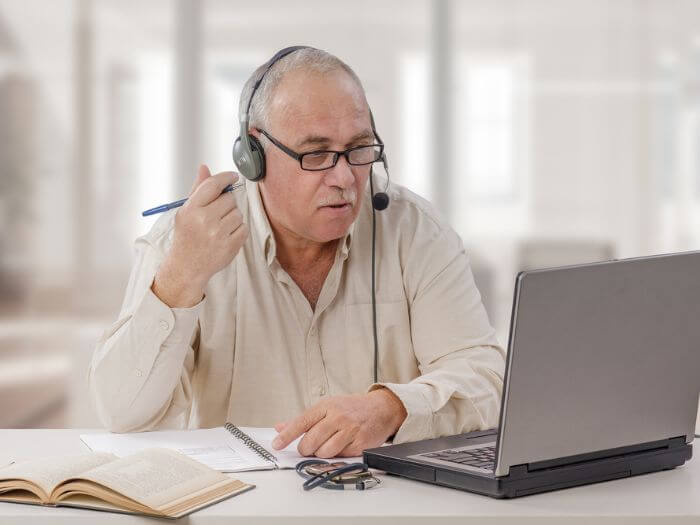
I’m going to mention two language exchange apps, Tandem and HelloTalk, in a bit.
But one problem with those is that they don’t give you any structure to your learning. Also, you’re also expected to help your partner practise, which doubles the amount of time you need to spend.
However, with the tutoring service website LanguaTalk, these problems are eliminated.
1. LanguaTalk
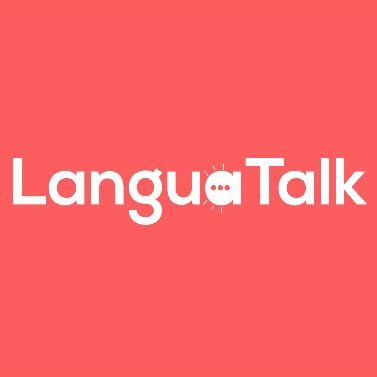
With LanguaTalk, you pay a tutor to teach you, so all the time you spend is focused on your learning.
In addition, tutors can tailor their lessons to your specific needs, helping you improve in the areas you want to work on.
Exceptional quality is assured by LanguaTalk’s vigorous selection process – only around 10% of applicants gain approval to work on the site.
You can use the filters to find your perfect tutor and then take one-to-one classes from the comfort of your home or office.
Language exchange apps have the advantage of being free, but if you’re serious about improving in French and are willing to pay, using LanguaTalk is about as close as you can get to guaranteeing your progress.
2. iTalki
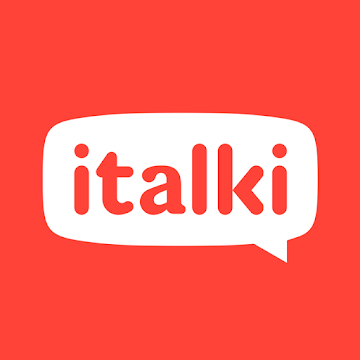
italki is another online tutoring service. It's probably the most established option with the largest number of teachers, and unlike LanguaTalk, it's also available as an app.
The quality control is less strict, but tutors are available at a wide range of prices, so you may be able to find someone willing to teach you for less.
italki also boasts a range of other features like podcasts and blogs to boost your learning.
French Courses
If you're learning French alone, a structured course should be the foundation of your study. Here are some options.
3. Assimil French
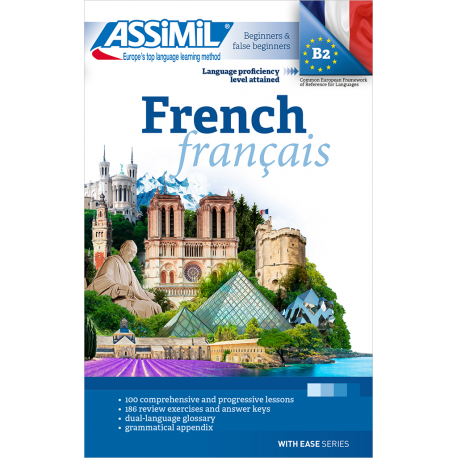
Assimil is a French company that produces courses for a range of languages.
Many are only available in French, but for the more popular languages like French, Spanish and Chinese, the courses are also available in English.
Assimil French consists of short dialogues that introduce new vocabulary and grammar in a natural way.
And by studying one lesson per day, Assimil French will give your learning a clear and logical structure that will stand you in good stead to achieve your goals.
If you choose Assimil, it’s highly recommended to buy the version with a CD or MP3 rather than the book alone. These are relatively expensive, but Assimil courses work!
4. Teach Yourself Complete French
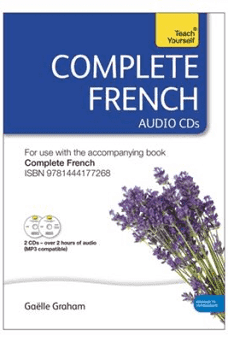
A more affordable coursebook option is Teach Yourself Complete French.
It follows a more grammar-based structure, introducing language through short dialogues complemented by traditional exercises, which are lacking in Assimil.
I find that using Assimil and Teach Yourself in tandem as your main materials is a good way to start any new language.
5. French Uncovered

This is my French course, and it aims to teach you the basics of French in a fun and lively way through stories.
Instead of memorising vocabulary and grammar rules in the traditional, outdated way (that doesn’t work!), you’ll absorb the language effortlessly through engaging content.
This course also provides the necessary structure for successful learning and is designed to take you from beginner to intermediate level.
6. Rocket Languages French

Rocket Languages provides online courses in several languages, and Rocket Languages French will give you the basics in terms of vocabulary and grammar while helping you work on all areas of learning in a structured way.
There’s also an element of gamification to keep you engaged and motivated.
7. FrenchPod 101

FrenchPod 101 is a French course that offers an abundance of learning materials to help you progress in all areas.
The main part of the course is based on dialogues. After listening to the dialogues, teachers then take you through what you have heard, picking out the key grammar, vocabulary items and expressions.
There are several subscription options, giving you access to a range of other resources and exercises to help you internalise what you have heard.
Personally, I like the mobile subscription, which I think works well as a supplement to other learning materials. But you can experiment with what works best for you!
8. Bitesize Languages
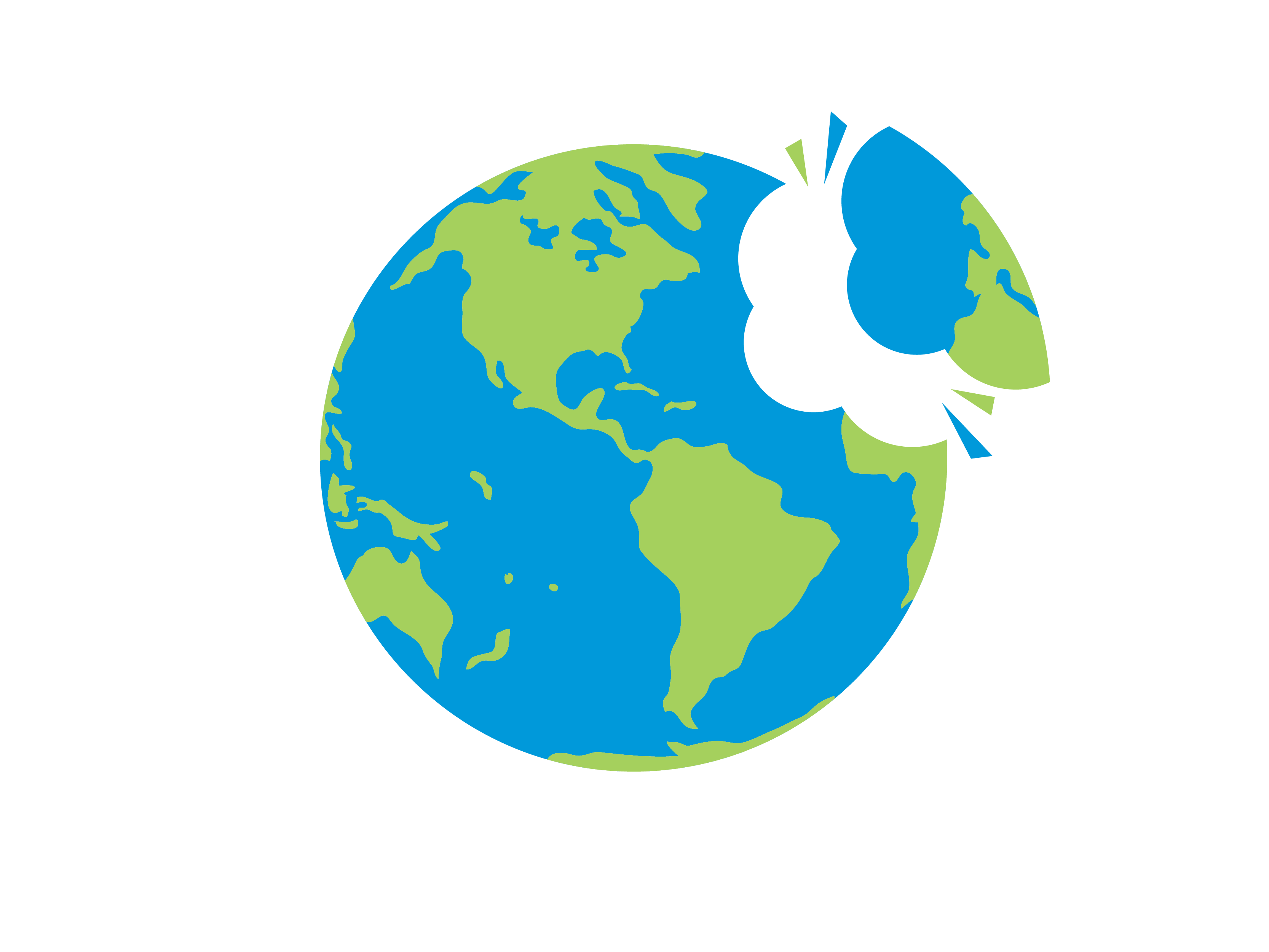
Bitesize Languages is a collection of online language courses that help you learn through audio dialogues.
The philosophy is that by pushing yourself with material that is slightly above your level, you can improve more rapidly.
This course is especially strong for listening and pronunciation but can also help with areas such as vocabulary and grammar.
Apps To Learn French

Nowadays, everybody has access to huge numbers of learning apps on their smartphones. The big problem is – probably more than with any other type of resource – a lot of what you’ll find is of poor quality.
That said, there are still some excellent apps to turn to, and here are my top picks.
9. Tandem
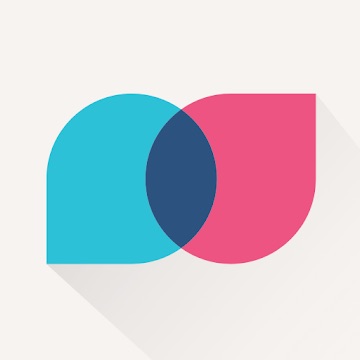
Tandem is a language exchange app that allows you to connect with learners from around the world.
The premise is that you can find people to chat with, allowing you to practise with native speakers – and you then reciprocate by allowing them to practise your native language with you.
This means you can easily connect with French speakers to work on your French through typed messages, voice messages, voice calls or video calls.
10. HelloTalk
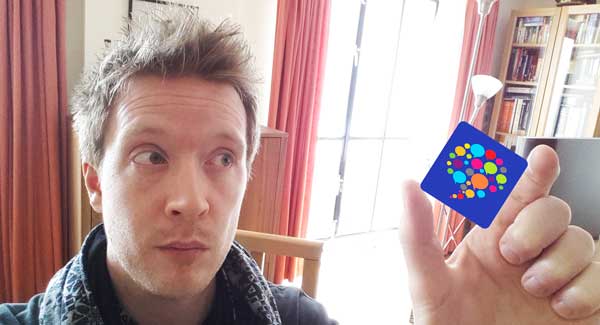
HelloTalk is similar to Tandem, but it also includes social media-style features.
You can upload photos and leave posts, allowing you to interact with a global community of language learners on the app in a variety of ways.
11. Frantastique

When you sign up to Frantastique, you receive a new French lesson every day in the form of a cute animated video.
The app then tests you on what you have seen to check how much you have understood.
This app won’t work well as your main course, but as a supplement, it can be highly useful since it provides exposure to a range of language and can help you improve aspects such as vocab, grammar, listening and more.
Check out my Frantastique review.
12. Busuu
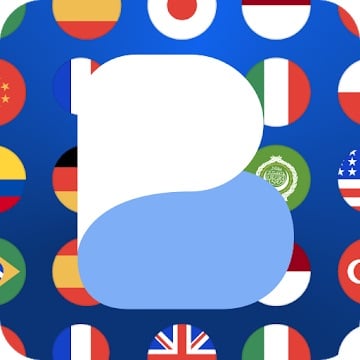
Busuu is another language-learning app that can supplement your main learning materials.
It provides graded lessons, and the main innovation is that other learners in the Busuu community can help you by ‘marking’ your exercises and giving you tips and advice on what you’ve got wrong.
13. Flashcards Deluxe
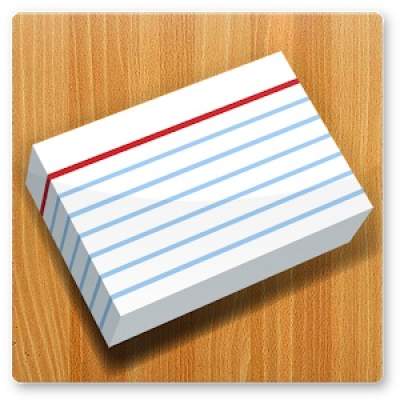
Using flashcards to learn vocabulary out of context is one of the most inefficient things you can do in language learning. However, flashcards still have a place if you know how to use them.
The key is to use them to learn words you have come across during your learning rather than just words taken from lists – and to remember the words as part of the sentences you met them in.
The Flashcards Deluxe app allows you to do all of this and more, and the app’s built-in algorithms ensure the words you have the most difficulty with are repeated more frequently.
You need to pay for the full version of this app, but it isn’t expensive – it only costs a few pounds/dollars/euros, and most people will consider it money well spent.
14. WordReference
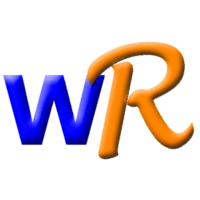
Of course, when learning a language, you need a good dictionary, and nowadays, most people use an app for this instead of a paper version.
My recommendation is WordReference, a dictionary app that gives you clear examples of the words in context and also provides conjugations for verbs.
So in short, if you want a reliable and easy-to-navigate dictionary app, make it this one.
Podcasts To Learn French

Podcasts are an incredibly useful resource for improving your listening as well as growing your vocabulary.
My advice is to find a podcast at your level and then listen to it actively. Don’t just put it on in the background while you’re doing something else, or you won’t benefit nearly as much.
There is now a huge range of podcasts for French learners, but here are a couple of my favourites.
15. Coffee Break French
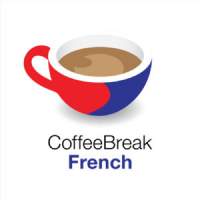
Coffee Break French has plenty of material for beginners and above who are looking to work on their listening and general French. There are four levels, each with 40 lessons.
As the name suggests, these podcasts are designed to be the perfect length to listen to during your coffee break at work. The lessons take the format of a student in French class, and as she learns, you learn with her.
On the downside, the presenters are not native French speakers – and they also speak a high proportion of English. But these lessons are still a great way to get in some French practice whenever you have a spare moment during your busy day.
16. One Thing In A French Day

Aimed at slightly higher-level learners, One Thing in a French Day offers authentic listening material in the form of ‘a small slice of a French woman’s life – in France and in French’.
Each podcast – completely in French – consists of presenter Laetitia talking about something she’s done or experienced in the previous week.
She talks at normal speed in real but extremely clear French. An ideal option for intermediate learners.
17. News In Slow French
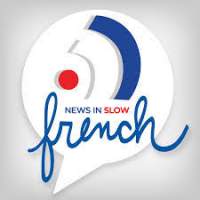
Listening to the news in a foreign language can be challenging due to the speed of delivery and the unfamiliar technical terms involved in certain news stories.
However, with News in Slow French, you hear people discussing current affairs at a more learner-friendly speed and with the specialist vocabulary explained.
It's perfect for bridging the gap to understanding native-level news broadcasts.
18. LanguaTalk Slow French Podcast
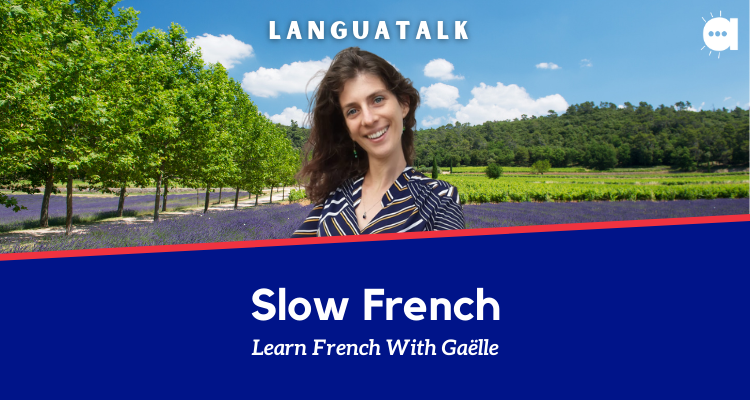
The LanguaTalk tutoring services website I mentioned above also has its own series of podcasts for anyone looking for listening materials.
The LanguaTalk Slow French podcast often deals with topics related to the culture of France or other francophone countries.
Some recent examples include a pod about Jamel Debbouze, a popular French actor and comic and series about French cities such as Montpellier and Nice.
This way, not only can you work on your listening, but you can also increase your cultural knowledge, another important aspect of language learning.
French TV And YouTube
Watching native-level TV in French is only really useful for more advanced learners. However, there’s still no shortage of material to turn to if you haven’t quite reached that level yet. And here are my suggestions for some to try.
19. Easy Languages (French)
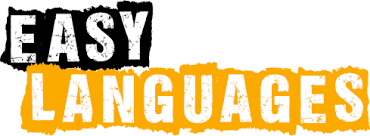
YouTube is full of useful content for French learners, and you’ll easily be able to find loads of stuff just by searching.
However, if I can recommend just one channel, it’s Easy Languages (French). It’s based on street interviews and is rich in authentic French dialogues as spoken by real French speakers.
Videos are available for different levels – just search for the French version as it’s also available for other languages too.
20. TV5 Monde Plus
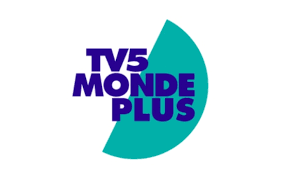
TV5 Monde Plus is a site that gives you access to TV series, films, documentaries, talk shows and more, providing all the French viewing content you could ever need!
21. Netflix

If you’re anything below advanced level, don’t expect to put on a film in French and understand everything.
However, if you have Netflix, you can browse French language films. And if your level is good enough, watching films in French can help improve your listening.
French Reading Resources
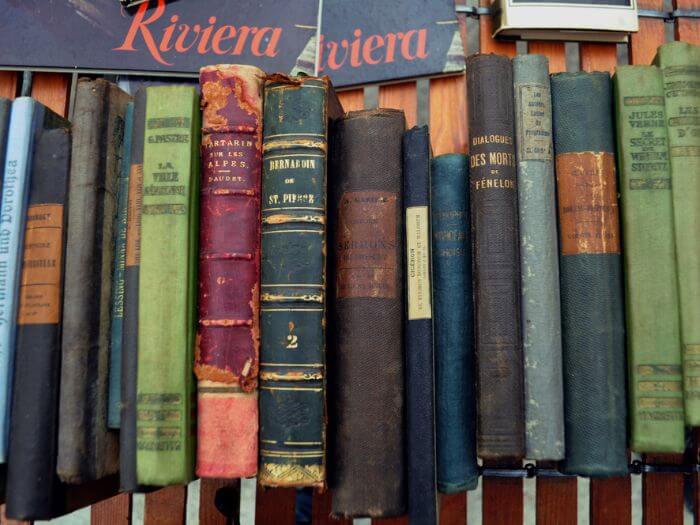
Practising ‘extensive reading’ – reading longer texts for pleasure rather than studying short texts intensively – is an excellent way to improve many aspects of your French.
However, to do this, you need to find materials at the right level for you – and here are some suggestions.
22. LFF – Lire En Français Facile
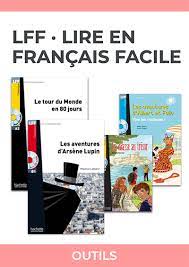
LFF – Lire en français facile is a collection of graded readers of all kinds that are divided into four levels, A1, A2, B1 and B2.
This way, you easily find titles that interest you and that are the right level for your ability.
They feature vocabulary definitions for difficult words and exercises to check your comprehension.
Audio recordings are also available with each book, allowing you to use them to work on your listening too.
23. CLE International

Like LFF, CLE International publishes a collection of simplified works in French, from 400 to 1,700 words long, to allow learners of all levels to start reading in French.
You can choose from a range of genres, including classic novels, science fiction, crime, children’s stories and more.
24. BDs
France and Belgium have a rich tradition of BD, or bande dessinée, French-language comic strips. And these can be a fun and effective way to practise your reading with material that’s not too heavy.
Everyone knows the classics such as Tintin, Astérix and the Smurfs (or les Schtroumpfs as they are known in French), but there are plenty of others to discover. Famous examples include Lucky Luke, Boule et Bill and many more besides.
25. Novels, Magazines And Newspapers
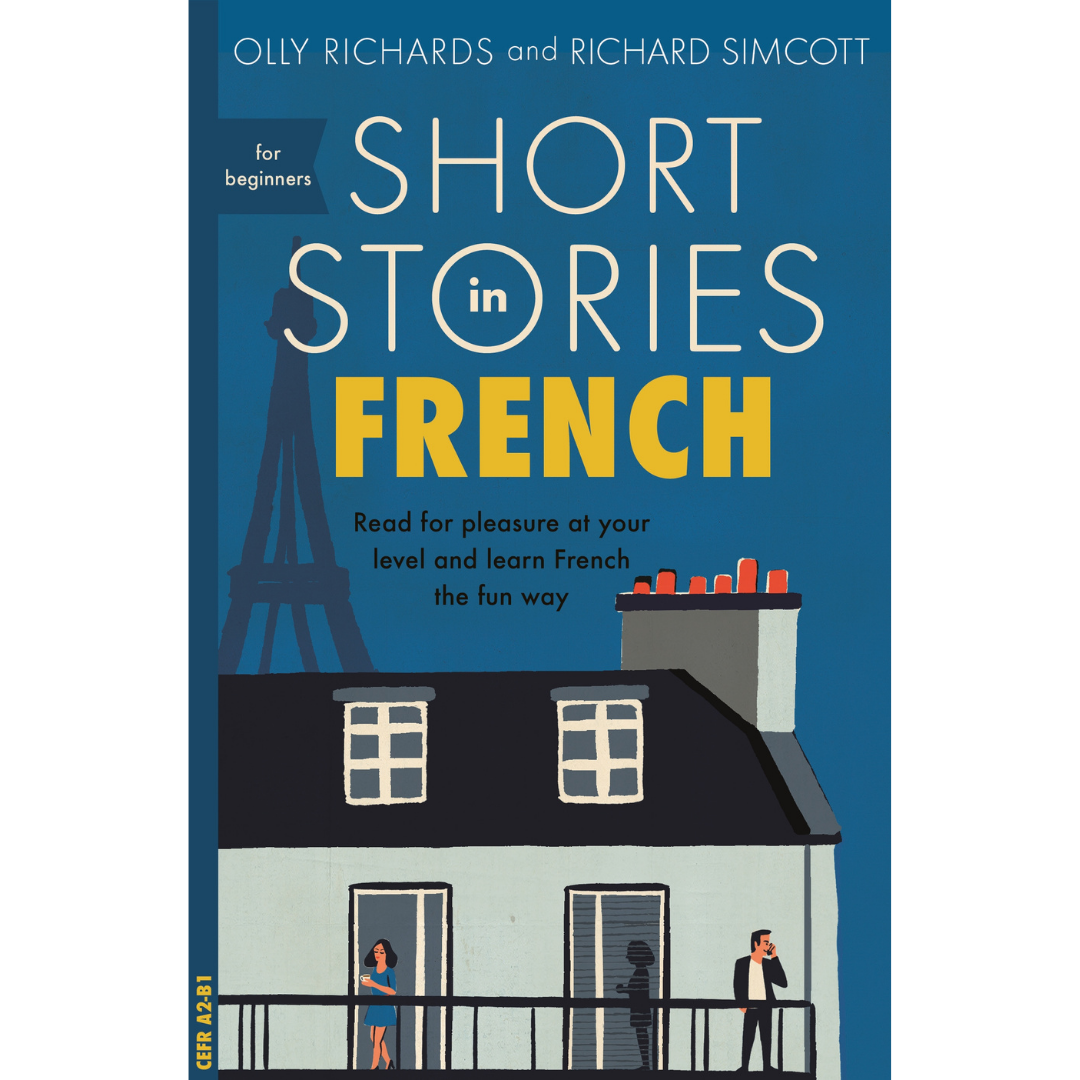
When your level is good enough, you can dip your toes into the world of native-level reading material, which includes newspapers, magazines and novels.
The three main newspapers in France are Le Monde, Le Figaro and Libération, with the first two being broadly centre-right publications and the latter centre-left.
When it comes to magazines, simply find something you enjoy and try reading it, whether that’s celebrity gossip, National Geographic in French – or anything in between.
Novels in a foreign language can be difficult, but if you’re feeling ambitious, there’s nothing to stop you trying.
You might not want to start with the classics of French literature, but there’s plenty you can tackle below that level. Something like Le Petit Prince or my book, Short Stories in French, can give you a gentle introduction, and beyond that, it’s simply a matter of taste.
Miscellaneous Others
To finish, here are a couple of other fun resources that can be rewarding to play about with.
26. TV5 Monde Langue Française
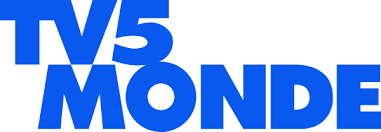
As well as access to television and films, TV5 Monde Langue Française also offers a collection of resources designed for both teachers and students of French.
The site includes videos and games that allow learners to discover the French language along with over 3,500 free exercises to help with all aspects of your study.
27. FSI Materials
FSI, the Foreign Service Institute, is the branch of the US government responsible, among other things, for providing language training for diplomatic staff.
They have over 70 years of experience teaching languages to people preparing for missions abroad, and much of their material is available free of charge online.
Lots of what you’ll find is quite dated, and it’s hard to recommend FSI materials as a primary study resource. However, since there’s such a vast amount of material available, it can be useful to incorporate it into your learning.
Many sites online host these materials – for example, FSI Language Courses.
28. Les Experts FLE
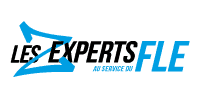
‘FLE’ stands for français langue étrangère (‘French as a foreign language’, the equivalent of ‘EFL’, ‘English as a foreign language’).
Les Experts FLE provides a range of free and paid resources such as exercises and games for teachers and students.
A lot of the material is intended for classroom use, but you’ll still find plenty of resources to help you work on aspects of French such as grammar and vocabulary.
29. Jeux De Lettres
Jeux de lettres is a collection of word games to help you build your French vocabulary. Again, this site is designed for teachers to use in the classroom, but many of the activities will still be useful for those studying autonomously.
30. Wordwall
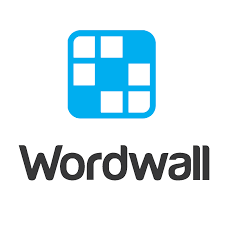
Finally, Wordwall is an open-source language site where people can upload pedagogic games they have created.
Some of them are ‘unpolished’, but there are many useful ones to help you master the basics like numbers, conjugations or pronouns by playing games such as whack-a-mole or shooting.
The Best Resources For Learning French – Using A Blend Is Key
So there you have it, the 30 best resources for learning French.
There are so many high-quality resources available for those learning French, and even what I have suggested here is more than one person could ever finish studying.
An important part of successful language learning is choosing the right blend of resources rather than focusing on just one or two.
Pick out the materials you find most enjoyable and also make sure you are giving all aspects of learning enough coverage – and by finding the right combination, you will start making rapid progress.

Olly Richards
Creator of the StoryLearning® Method
Olly Richards is a renowned polyglot and language learning expert with over 15 years of experience teaching millions through his innovative StoryLearning® method. He is the creator of StoryLearning, one of the world's largest language learning blogs with 500,000+ monthly readers.
Olly has authored 30+ language learning books and courses, including the bestselling "Short Stories" series published by Teach Yourself.
When not developing new teaching methods, Richards practices what he preaches—he speaks 8 languages fluently and continues learning new ones through his own methodology.










































